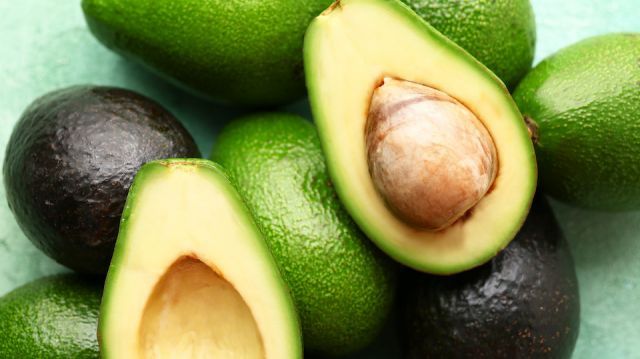It’s hard to enjoy life when your digestive system is in distress. Not knowing when you might be constipated or when you might have an uncomfortable explosion can leave you avoiding social situations and experiencing a reduced quality of life.
For this reason, and for your overall health, it is important to ensure your stools are healthy and regular. Comfortable bowel movements can be achieved by watching what you eat and drink. Remember, what comes out reflects what goes in.
This may not be entirely comfortable for you to consider, but it is essential to know what a good poop is and how to achieve the best poop possible. Ideally, your poop should be smooth, solid – but not too heavy – and easy to pass. Hard, dry, and infrequent bowel movements are signs of constipation, while diarrhea or stools that are light-colored and runny can signal that your body is disagreeing with something you are eating, unless there is an underlying health problem.
To help regulate your digestion, it is essential to include an adequate amount of fiber in your daily diet. The USDA recommends 25 grams of fiber per day for women, and 38 grams for men.
The secret to healthy poop is to eat whole grains, a variety of fruits and vegetables, and a balanced amount of fats, which help glide things along.
Raw, organic fruits and veggies
While a variety of fruits and vegetables are great for fiber intake and digestive health, it is even more beneficial to eat them raw, and with the skin intact when possible. These foods include things like apples, peaches, and pears. Green veggies are especially conducive to healthy poops.
In a study performed by the Western Australian Institute for Medical Research, vegetables in the broccoli, cauliflower and Brussels sprouts family were linked to a lower risk of colon cancer in the upper part of the large intestine, while dark yellow vegetables such as pumpkin and carrots were found to reduce colon cancer risk in the right-hand section of the bowel. Stick to organic fruits and vegetables to reduce your exposure to pesticides.
Beans
Beans pack as much as twice the amount of fiber that most vegetables have. Including a few servings of beans each week will keep your gastrointestinal system working at full speed and ward off constipation. Just a half a cup of navy beans provides almost 10 grams of fiber, the same for kidney beans.
Although lima, black, and pinto have a little less, they still add 6 grams of fiber per half-cup. Beans are easy to add to any meal and mix well with salads, soups, and pasta. Buy organic dry beans and soak them overnight to get the most nutrient value.
Avocados and olive oil
Including healthy fats in your diet can help keep you regular and reduce constipation. Avocados and olive oil are two of the best sources, along with nuts, fish oils, and flax seeds. There are 86 mcg of beta carotene, the precursor to vitamin A, in one avocado.
Vitamin A is key to keeping the epithelial cells that line your digestive tract in good health. These cells protect your intestines from damage and bacterial infections. An additional bonus to avocados: just one contains 9.2 grams of fiber.
When increasing your fiber intake, do it gradually to avoid upsetting your stomach. Also, remember to drink plenty of water – at least 8 cups per day – to keep things moving properly. You will be well on your way to healthier and happier bathroom visits in no time!
Healthy in equals healthy out
A healthy diet generally results in healthy elimination. If you are eating a healthy diet, and experience a change in your bowel habits not relative to your diet or other changes in lifestyle, seek the advice of a qualified medical professional.
-The Alternative Daily

